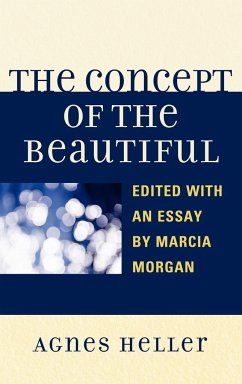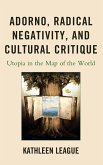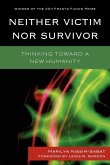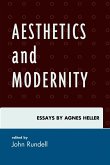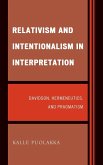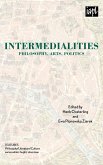The main purpose of this book is to explicate the problematic relationship between the heterogeneity of what is experienced as beautiful and the homogeneity of the conceptualization of that experience, or attempt at such a conceptualization in the era of modern philosophy. While the heterogeneity of what is experienced as beautiful was permitted, and indeed celebrated, in the dominant ancient conception-for example, in the Symposium and Phaedrus of Plato-the need for homogenization in the later appropriation of Plato and in the Enlightenment period relegated the beautiful to the privileged domain of artworks. In her analysis Agnes Heller provides a unique and significant emphasis on the original 'life content' of the experience of the beautiful, which becomes lost in the modern system of the arts. This book details the history of the concept of the beautiful, starting with what Agnes Heller distinguishes between the 'warm' metaphysics of beauty and the 'cold' one-inspired by Plato's Janus-faced relationship to beauty-and ending with a fragmented yet hopeful vision propagated by Friedrich Nietzsche, Walter Benjamin, and Theodor W. Adorno, among others. In between these two historical parentheses-the metaphysical Plato on one hand and the post-metaphysical Nietzsche, Benjamin, and Adorno on the other hand-lay a plenitude of figures and intellectual developments, all of which contributed to the demise of the concept of the beautiful in the Western metaphysical tradition. The most important of these figures and developments are examined in this book.

